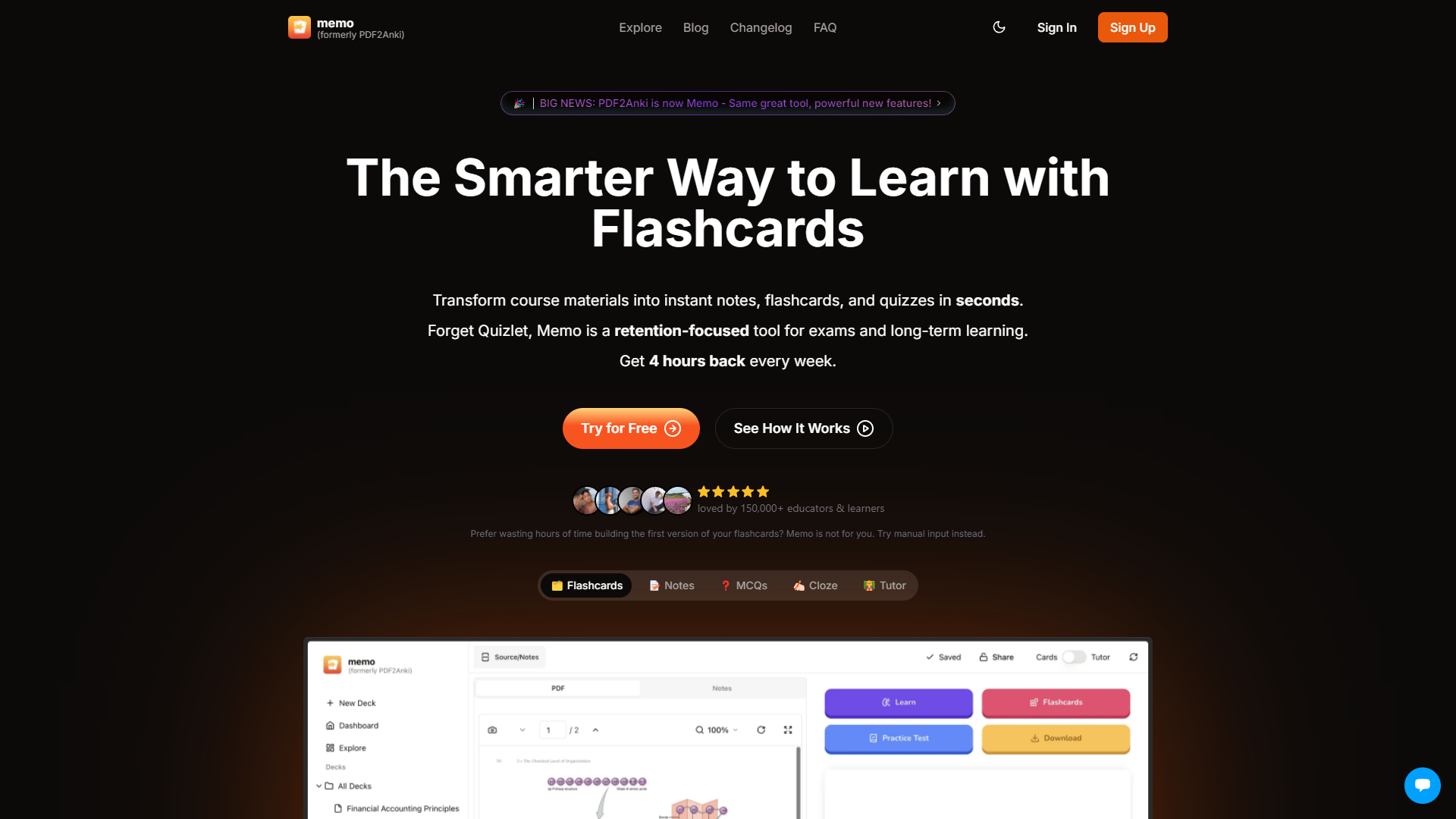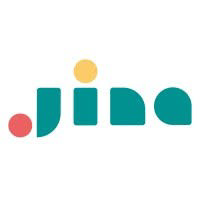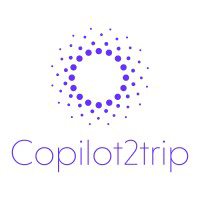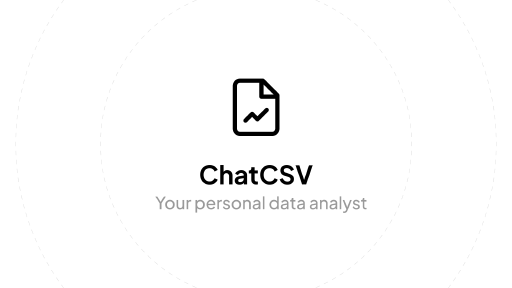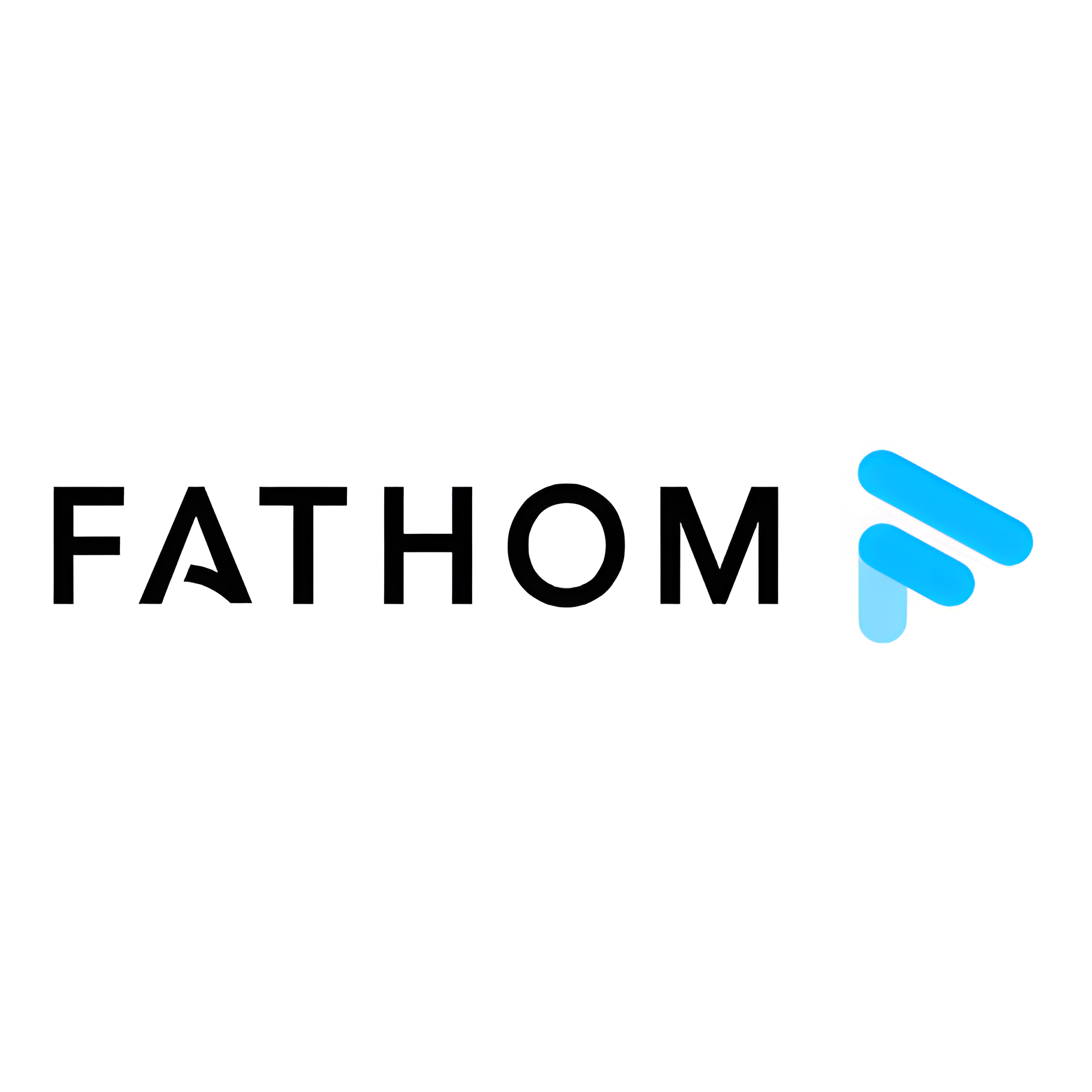Overview
Memo is an innovative AI-powered platform designed to revolutionize the way students study. By instantly converting course materials into flashcards, notes, and quizzes, Memo streamlines the learning process, making it more efficient and effective. This tool is particularly useful for students who are preparing for exams and need to absorb large amounts of information quickly.
Memo's ability to automatically generate flashcards from PDFs and other digital resources saves users considerable time, allowing them to focus more on learning rather than on the tedious task of creating study materials. The platform supports various types of flashcards, catering to different learning preferences and needs. Additionally, Memo offers personalized tutoring to help address individual learning gaps, further enhancing study sessions.
One of the standout features of Memo is its compatibility with popular study apps like Anki and Quizlet. Users can export their customized flashcards and notes directly to these platforms, facilitating seamless integration with their existing study routines. Overall, Memo provides a comprehensive and customizable learning experience, making it an essential tool for students aiming to boost their productivity and retention in an increasingly competitive academic environment.
Key features
- Automated flashcard creation: Instantly converts PDFs and digital content into study-ready flashcards, saving students significant time and effort.
- Personalized tutoring system: Adapts to each user's learning pace and style, providing tailored guidance and support for more effective studying.
- Versatile flashcard formats: Supports multiple types of flashcards, including image-based, cloze deletions, and traditional text, to enhance learning engagement.
- Seamless integration: Allows easy export of flashcards to popular platforms like Anki and Quizlet, facilitating flexible study habits and resource sharing.
- Comprehensive quiz generation: Automatically creates quizzes from study materials to help students assess their knowledge and prepare for exams efficiently.
- Long-term retention tools: Incorporates spaced repetition techniques to ensure better memory retention over extended periods, ideal for long-term learning goals.
 Pros
Pros
- Interactive study modes: Engages users with various interactive modes like matching games and fill-in-the-blanks, making study sessions more dynamic and enjoyable.
- Progress tracking: Offers detailed analytics and progress reports, allowing users to monitor their learning journey and identify areas needing improvement.
- Collaborative learning: Enables users to share flashcards and quizzes with peers, fostering a collaborative environment that enhances collective learning experiences.
- Offline access: Provides the ability to download flashcards and study materials for offline use, ensuring uninterrupted learning even without internet access.
- Customizable learning experience: Allows users to adjust settings such as timing and content focus, creating a fully customized study session that fits individual needs.
 Cons
Cons
- Initial setup complexity: Requires initial time investment to learn how to effectively convert and organize digital content into flashcards.
- Dependence on technology: Relies heavily on digital devices and internet access, potentially limiting usability in low-tech environments.
- Overwhelming options: The variety of flashcard formats and extensive features might overwhelm new users or those preferring simplicity.
- Limited offline functionality: Most features, including quiz generation and flashcard sharing, require an active internet connection to function properly.
- Adaptation learning curve: Personalized tutoring system may take time to accurately adapt to user's unique learning style and pace.


